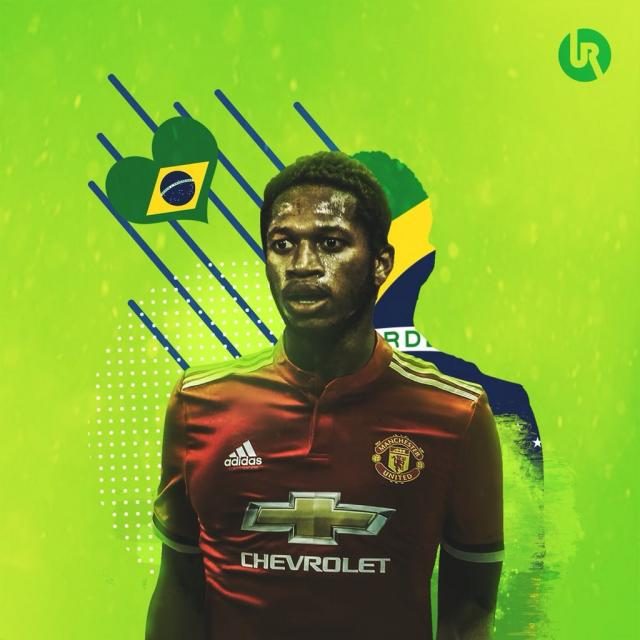 Rivaldo doesn’t want to talk about tactics.
Rivaldo doesn’t want to talk about tactics.
“The team is in good shape,” he said of Brazil ahead of their Group E opener against Switzerland on Sunday, speaking in his capacity as a Betfair World Cup ambassador, but that’s about the limit of the analysis as far as Tite’s system is concerned.
What Rivaldo really wants to get into is the mental side of being at a World Cup: the business of coping with pressure, overcoming difficulties, writing a new story for oneself.
These are subjects the current crop of Brazil players would do well to confront head on as they seek to bounce back from the seismic shock of the 7-1 semifinal defeat to Germany in 2014. And Rivaldo, who still looks like he could do a job for the Selecao at the age of 46, is well qualified to hold forth on them. He was a losing finalist in 1998, when France took full advantage of Brazil’s listless display at the Stade de France, and played a key role as they made amends in Japan and South Korea four years later, scoring five times on the way to lifting the 2002 trophy.
While it was Ronaldo’s personal redemption story that melted hearts, those close to the Brazil set-up will tell you that Rivaldo was the driving force in the dressing room in 2002, cajoling his team-mates and urging them on all tournament long. “All he talked about was wanting to win the World Cup,” Roque Junior, one of his teammates that year, told me recently. Rivaldo was usually painted as the silent, stoical type during his career, but there was steel lying beneath the surface.
“It’s a bad feeling, losing a World Cup,” he says, reflecting on 1998. “We got to the final and it’s so sad returning home without the trophy. Brazilian people don’t forgive. In Brazil, you know that only first place counts; in other countries, you might celebrate coming second, third or fourth, but not in Brazil.
“So in 2002, we always talked about that before games and in training sessions: ‘We have to win, for our families and for the Brazilian people.’ In every game, we were determined — not just me, but Cafu, Roberto Carlos, Ronaldo. We had gone through a lot and didn’t want to suffer again.”
The parallels between that year and this are obvious. Six members of Luiz Felipe Scolari’s 2014 squad are present in Russia, and while the Selecao’s progress over the last two years has encouraged players and fans alike to start dreaming of a much-desired sixth World Cup title, memories of the 7-1 — the “little ghost,” as Tite calls it — have yet to be fully dispelled. They may never be.
Support InfoStride News' Credible Journalism: Only credible journalism can guarantee a fair, accountable and transparent society, including democracy and government. It involves a lot of efforts and money. We need your support. Click here to Donate
